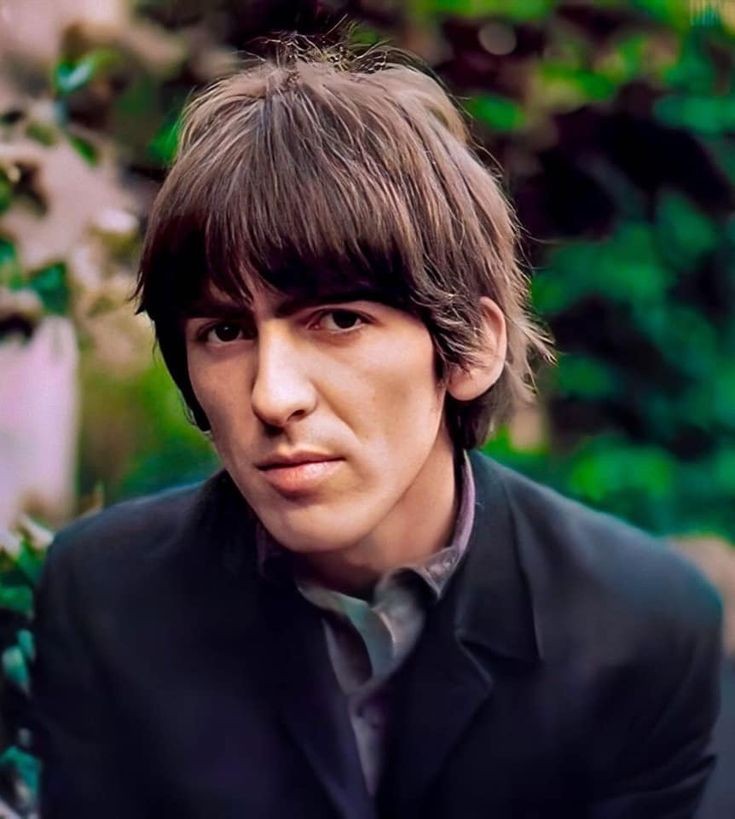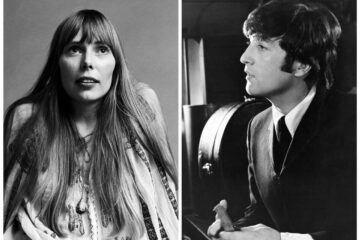By the time The Beatles broke up in 1970, the internal relationships between the Fab Four had been fractured. Paul McCartney, in particular, had irked his bandmates in their final few years together with his attempts to take creative control. His once solid songwriting partnership with John Lennon had completely broken down, and he had even managed to rile up the so-called quiet Beatle, George Harrison.
While Harrison had his own talent for songwriting, he often struggled to get ideas past the domineering Lennon and McCartney. Tensions between Harrison and The Beatles were high as a result, which even led to his temporary departure from the band in the late 1960s. But despite being overlooked as a songwriter during his time with the group, he would go on to hone a successful solo career following the demise of the band.
In the same year the Fab Four finally split, Harrison released one of the greatest Beatles solo albums in All Things Must Pass. The album proved that he was a songwriter who should have been more included in writing and studio sessions, featuring gorgeous tracks like ‘My Sweet Lord’ and ‘I’d Have You Anytime’, which paired his signature slide guitar sound with gentle lyricism.
From there, he continued to prove his songwriting prowess with each new offering, even attracting the admiration of McCartney himself. When the primary Beatles songwriter picked out a selection of his favourite songs of all time during a conversation with Uncut in the early 2000s, he made sure to include a Harrison solo offering on the list.
Between shoutouts to Frank Sinatra and Fred Astaire and the inclusion of his favourite song of all time, The Beach Boys’ ‘God Only Knows’, McCartney also selected a track from his late bandmate. Rather than taking from Harrison’s early magnum opus, McCartney’s pick came from his post-humous release, Brainwashed, which featured tracks recorded between the late 1980s and the early 2000s.
The song that stood out most to McCartney came at the album’s midpoint in the form of ‘Marwa Blues’. The track completely showed off Harrison’s mastery of his instrument, with a lengthy introduction dedicated entirely to his glorious twangs. As a sparkling chime comes in, the instrumentation expands to include a harp and strings, each serving to enhance his slide guitar skills.
Though the song doesn’t show off Harrison’s aptitude for lyricism, it is a real demonstration of his instrumental mastery. His guitars and accompanying arrangements combine to forge a composition filled to the brim with peace and calm, contrary to its name. It’s smooth and spiritual, and it’s easy to see why it made McCartney’s list. Sitting alongside his other favourites, alongside ‘God Only Knows’ and Nat King Cole, he seems to have collated the perfect playlist for a peaceful sunny day.
The inclusion of ‘Marwa Blues’ as one of his favourite songs also shows that McCartney valued and admired Harrison’s talent for songwriting, even if that didn’t always come across when they were working together in the studio. When Harrison went off on his own, he had more space to pursue his own musical interests, develop his own sound and stretch his songwriting wings, which resulted in some of the greatest Beatles solo work to come out of the band.



